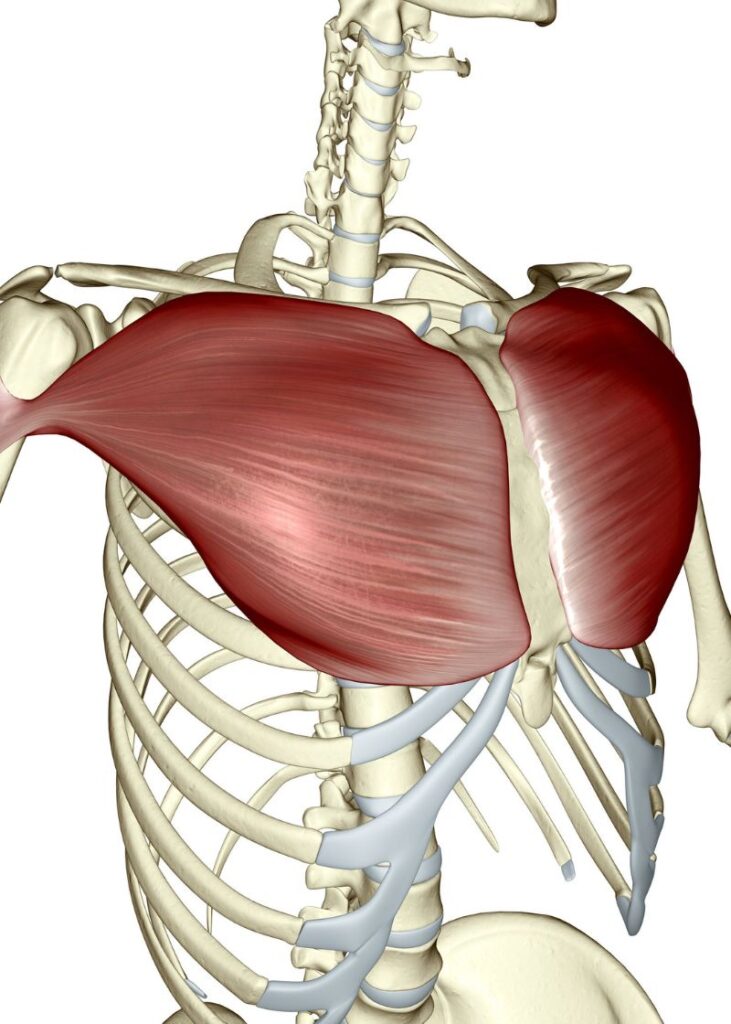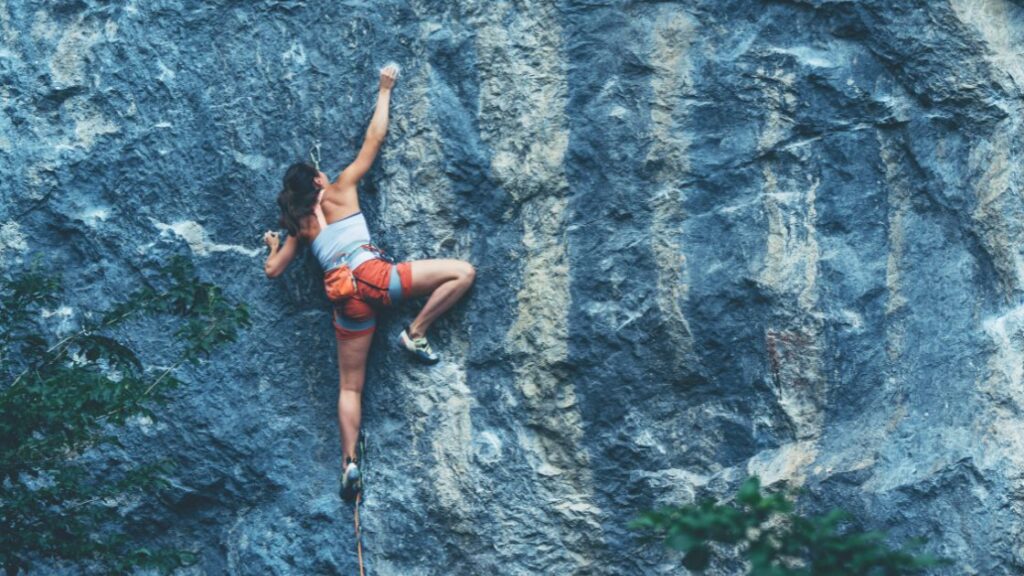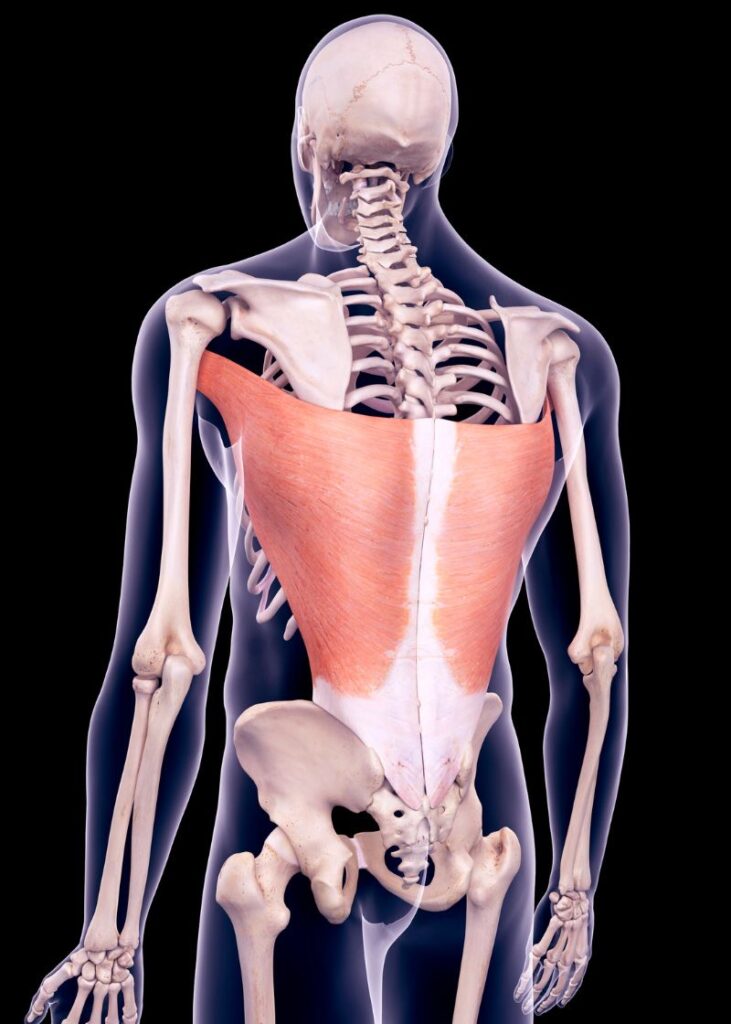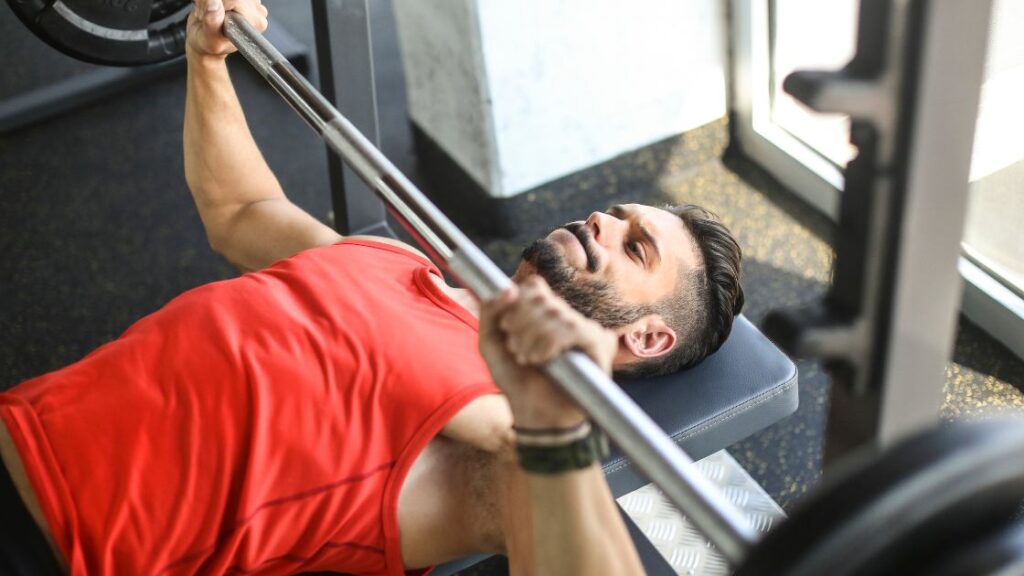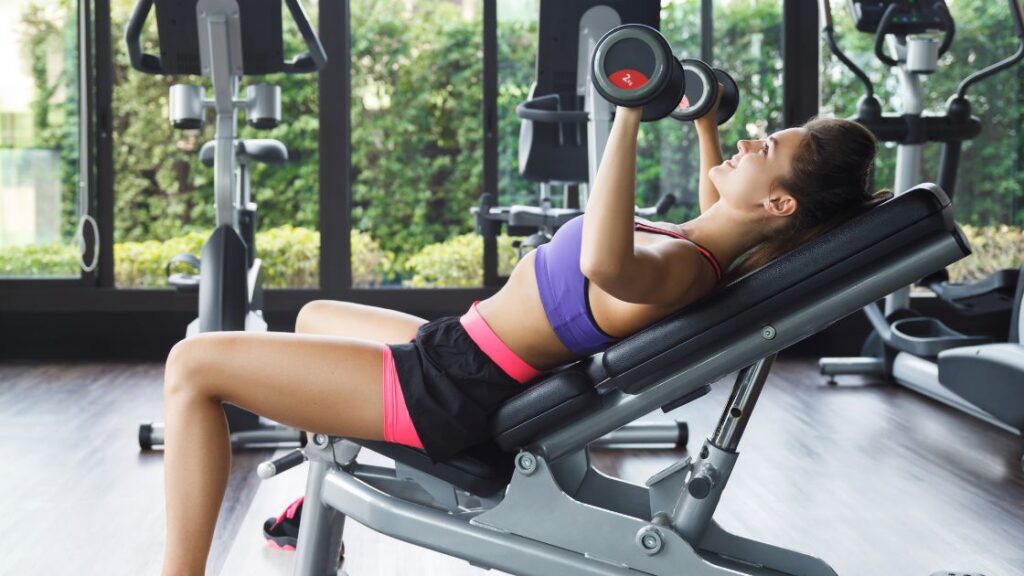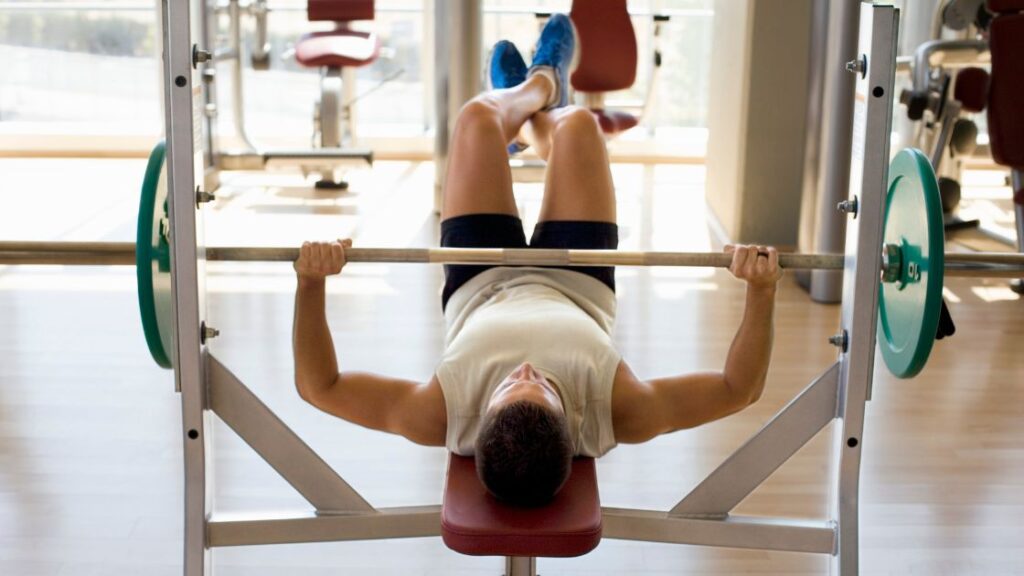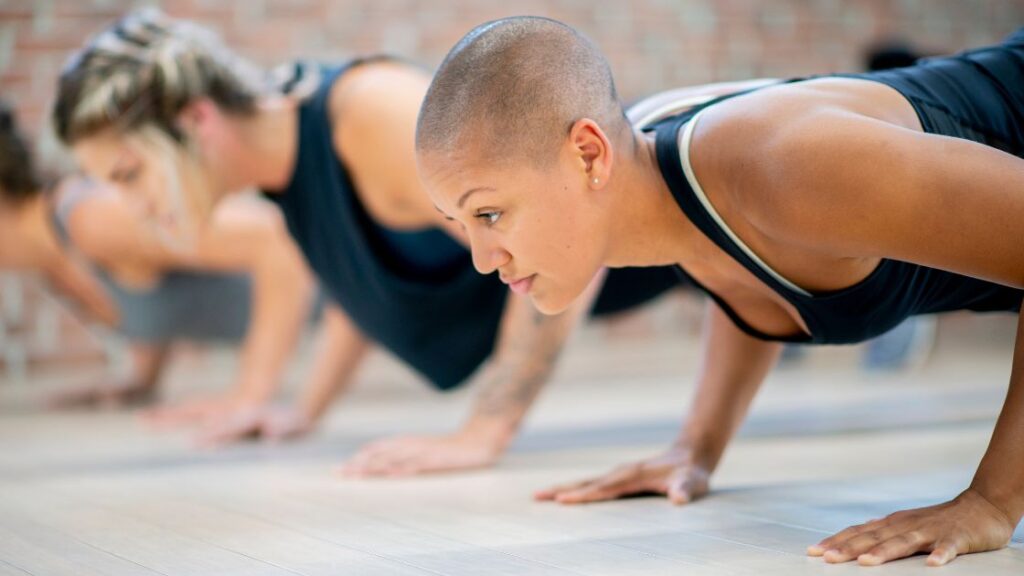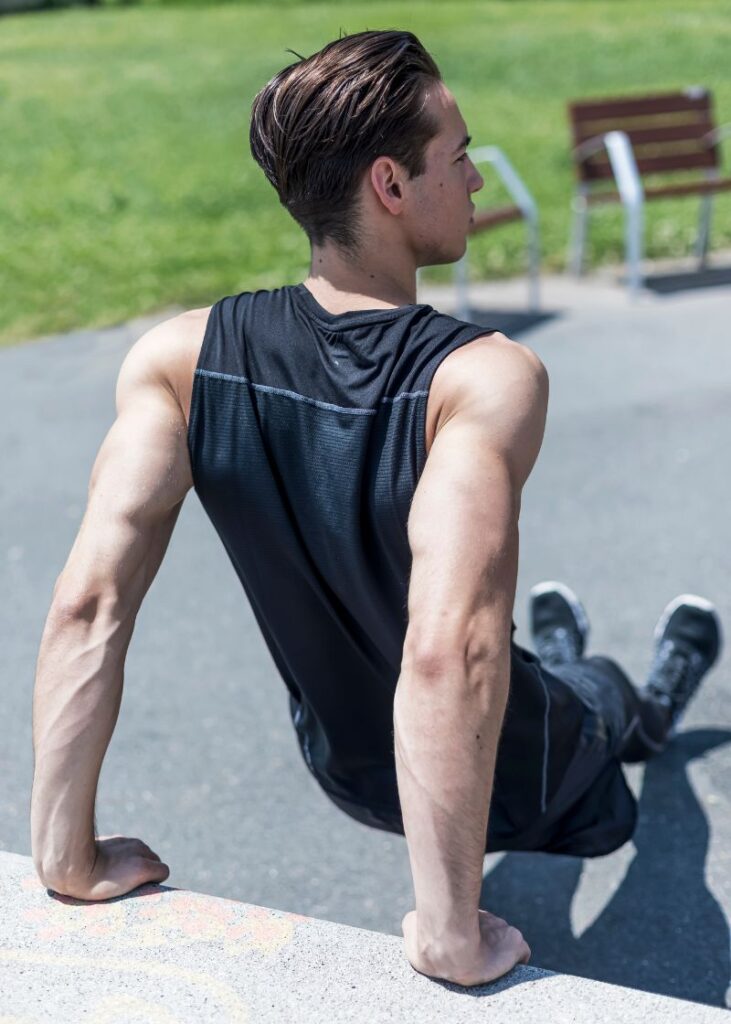Muscle Group of the Week: Pectoralis
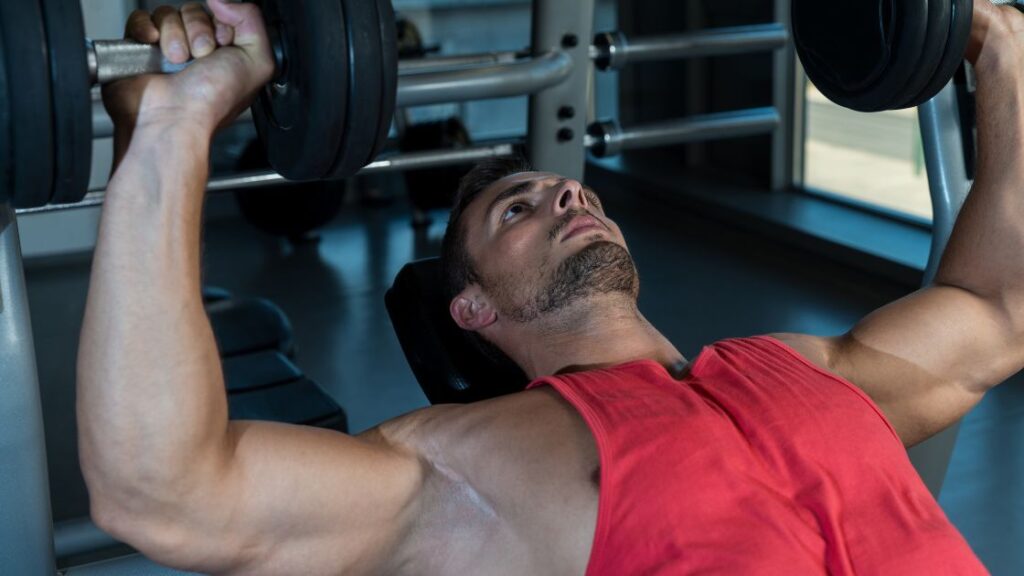
The most superficial and largest muscle of the anterior chest wall, the pectoralis major is known as the main chest muscle.
Playing a significant role in shoulder movement, the pecs can be easily overused due to the shoulder joint’s impressive range of motion. The muscle group is also heavily impacted by poor posture, finding itself locked short and tight in postural disorders such as upper cross syndrome.
More specifically than just moving the shoulder, what does the pectoralis major do? How do we keep it strong and mobile? What is the best approach to treatment when its fibers tighten?
What Does it Do?
Pectoralis
The pectoralis major has two different sections with their own specific functions. First you have the clavicular head, which attaches to the anterior surface of the medial half of the clavicle. Below the clavicular head of the pectoralis major is a much larger section called the sternocostal head. The sternocostal head of the pectoralis major attaches to the anterior surface of the sternum and the costal cartilages of ribs 1-6. Both sections of the pectoralis major insert into the greater tubercle of the humerus, making this thick fan-shaped muscle crucial to shoulder movement.
So, what are the actions of the individual pectoralis major heads?
Clavicular head: Flexes the humerus
Sternocostal head: Adducts humerus
As a whole, the main function of the pectoralis major is to adduct and medially rotate the humerus at the shoulder joint. In addition to these actions, the pectoralis major also assists with inhalation by pulling the ribcage to create room for lung expansion.
Collaborating with the latissimus dorsi muscle, the pectoralis major muscle also plays an important role in activities such as climbing. When activated together, both muscles pull the trunk forward and upward when their humeral attachments are fixed in an overhead position.
The pectoralis major works with the scapula stabilizing latissimus dorsi in other ways too. When the arm is bearing weight, for example when using crutches, the pectoralis major and latissimus dorsi elevate the body while keeping the shoulders stable.
Latissimus Dorsi
Making it Strong
What is the best workout equipment when you want to target your pectoralis major? Barbells and dumbbells are the most commonly used, and the different types of bench presses are all effective ways to address the main chest muscle.
Flat Bench Press
Incline Bench Press
Decline Bench Press
If you don’t have any gym equipment available, that’s ok! Pushups, regular or any variation of them, are always readily accessible!
Push-Ups
Chest dips are another workout that targets the pectoralis major. While you can use bars or machinery to execute chest dips, you can also complete them with furniture at home or any elevated strong flat surface.
Chest Dip without Equipment
Watch the video below for a demonstration of an at-home chest dip!
The Best Stretch
The best pectoralis major stretch is the doorway pec stretch. All the equipment you need is an open doorway!
- Position yourself between the walls of an open doorway
- Raise your arms up to the sides of the doorway, elbows bent at a 90 degree angle with palms forward
- Rest palms against sides of doorway
- Step forward with one foot. If you’re doing the stretch correctly, you’ll feel the stretch in your chest and shoulders.
- Stand upright; don’t lean
- Hold stretch for 30 seconds
- Step foot back; relax
- Repeat stretch with opposite foot forward
- Complete three sets.
Keeping it Happy
Myofascial release and deep tissue massage on the chest area are effective treatments for tight pectoral muscles. However, the pectoralis major can be difficult to fully massage on women, as breast tissue will be present unless the woman has undergone a mastectomy. When treating women, adhesions on the sternoclavicular portion of the pectoralis major can be loosened with heat application either through use of a hotpack or a heating pad. A wedge-shaped pillow can also be placed behind the patient’s upper back to allow the breast tissue to flatten, making both the clavicular and sternocostal areas easier to treat.
After removing knots from the pectoralis major, the latissimus dorsi should be treated with massage as well, considering how much it assists the functioning of the pectoral muscles.
The next step in the treatment is to strengthen the antagonist muscle groups weakened by a tight pectoralis major. The deltoids, trapezius, and rhomboids are most often overstretched and weakened by a locked-short pectoralis. These groups can be strengthened and mobilized through assisted stretches targeting the shoulders and upper back.
Now You Know!
Keep the chest strong and healthy, and do some self-care when the push ups start to wear it out! The treatment isn’t just good for the pecs – your shoulders and back will thank you too!

Katrina Jenkins
Author, Licensed Massage Therapist
Katrina Jenkins graduated from Towson University in 2013 with a Bachelor’s Degree in Health Science and worked as a nurse’s aide briefly before pursuing her true passion. She graduated from the Massage Therapy Institute of Colorado in April 2016 with honors and completed the Touch of Healers Scholarship Program the following summer. She has been a part of the Moyer Total Wellness Team since the summer of 2017.
Resources
Forrester, Joseph D., et al. “Pectoralis Major Tendon Rupture While Bouldering.” Wilderness & Environmental Medicine, vol. 34, no. 1, Nov. 2022, https://doi.org/10.1016/j.wem.2022.09.004. Accessed 5 Dec. 2022.
Nassef, Ahmed. “Latissimus Dorsi Muscle.” Physiopedia, 2010, www.physio-pedia.com/Latissimus_Dorsi_Muscle.
Sears, PT, Brett. “Pec Major: Anatomy and Function.” Verywell Health, 15 Apr. 2022, www.verywellhealth.com/pectoralis-major-anatomy-4691799.
The Healthline Medical Network. “Pectoralis Major.” Healthline, Healthline Media, 18 Mar. 2015, www.healthline.com/human-body-maps/pectoralis-major-muscle#1.
Photo Credit
Canva by 2DESIGN
Canva by FatCamera
Canva by IT Stock
Canva by A’s Images
Canva by GoodLifeStudio
Canva by Science Photo Library
Canva by Aleksandra Golubtsova
Canva by Science Photo Library
Canva by Ibrakovic

